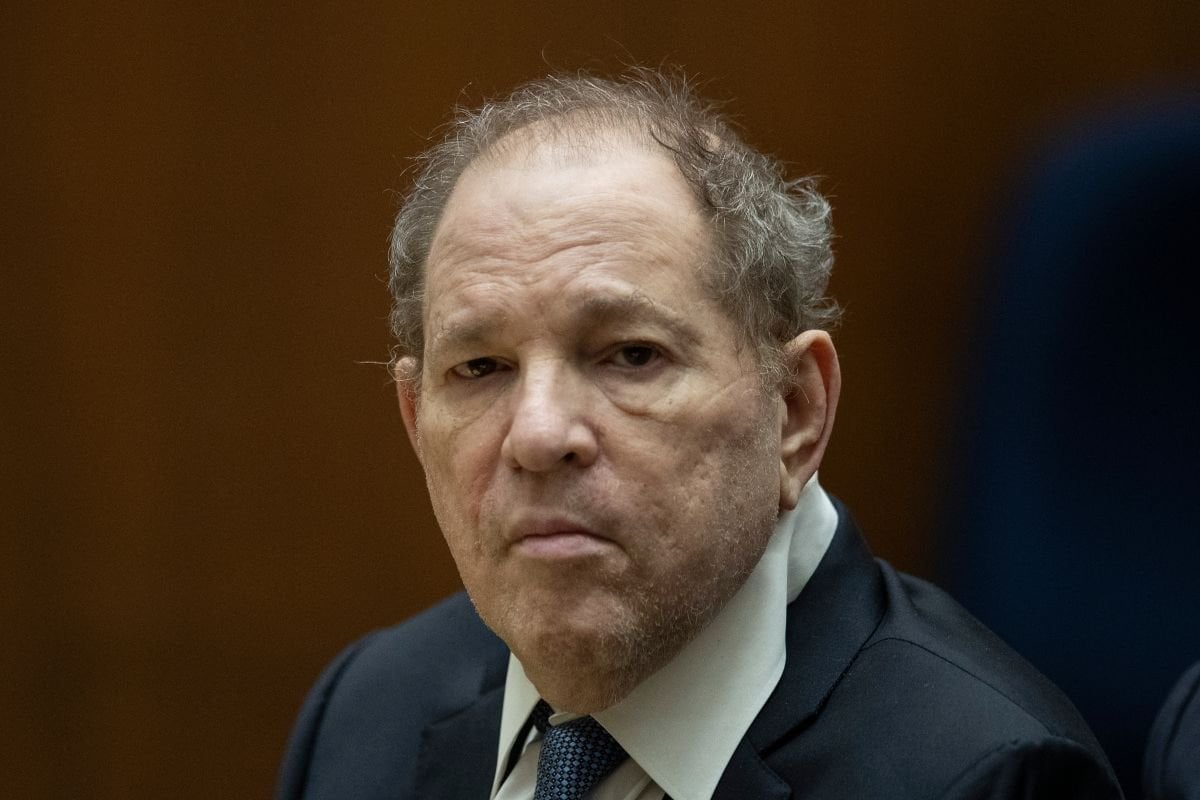
New York's highest court has reversed the 2020 rape conviction of disgraced Hollywood producer Harvey Weinstein and mandated a retrial.
The decision is a huge blow to the #MeToo movement, which kicked off in 2017 after several women came forward and accused Weinstein of sexual misconduct.
Watch: Ambra Battilano secretly recorded Harvey Weinstein in 2015. Post continues below.
What was Harvey Weinstein convicted of?
In October 2017, a groundbreaking article by The New York Times revealed that Harvey Weinstein had reached settlements with at least eight women who had accused him of sexual misconduct spanning several decades.
The article included actress Ashley Judd's public allegation that Weinstein had propositioned her in 1997. This revelation triggered an outpouring of similar accusations from women, leading to the widespread emergence of the #MeToo movement.
The movement aimed to hold influential figures accountable for sexual misconduct, including prominent celebrities.
On May 25, 2018, Weinstein was taken into custody and charged with first- and third-degree rape involving one victim, as well as first-degree criminal sex act with another woman.
